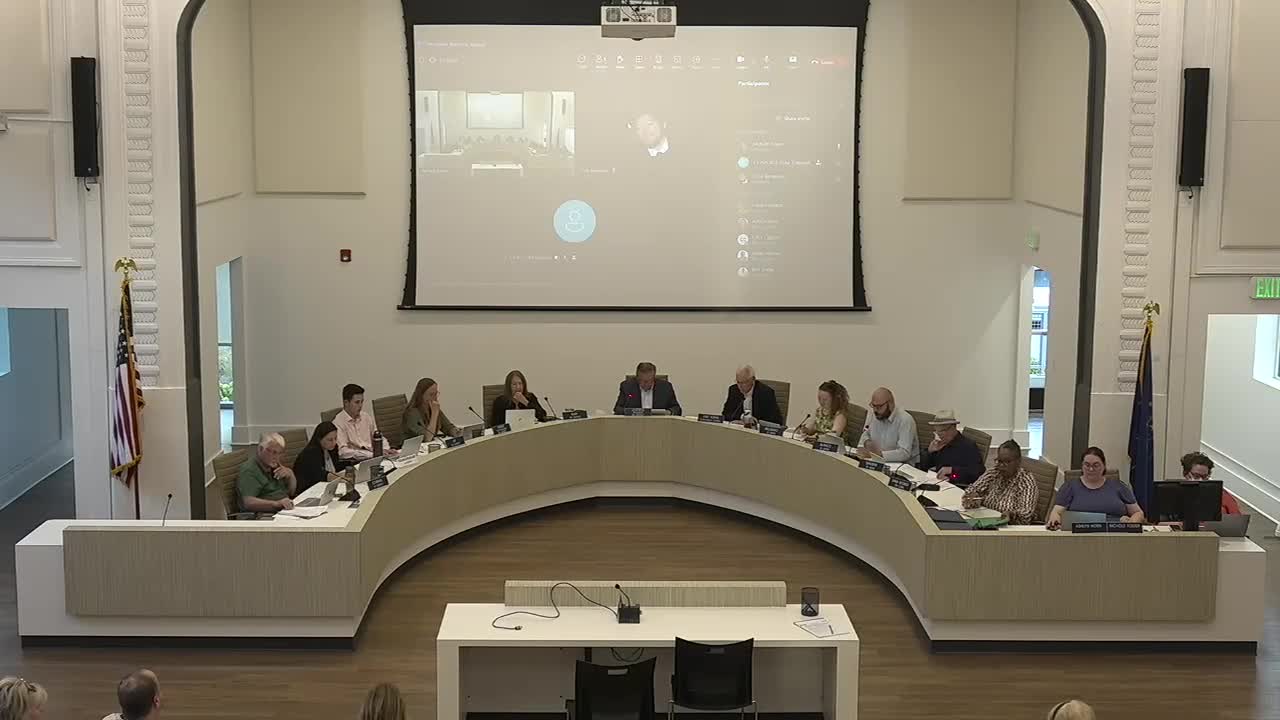Council amends towing rules to require 24/7 retrieval availability; first reading passes unanimously
Get AI-powered insights, summaries, and transcripts
Subscribe
Summary
On first reading the Common Council approved Ordinance 43-20-25, which would require towing companies to provide vehicle retrieval 24 hours after impound and caps an after‑hours retrieval fee at $68 in addition to standard towing charges.
The West Lafayette Common Council on Sept. 2 approved, on first reading, an amendment to the city's towing and storage ordinance that requires towing companies to provide vehicle retrieval 24 hours a day and establishes a maximum after‑hours retrieval fee.
Mayor and staff described the change as a response to citizen concerns about vehicles towed and inaccessible for days because impound yards were closed outside of normal business hours. The amended ordinance requires towing firms to be available to release vehicles within 24 hours of impoundment; it also sets a $68 maximum fee for retrieval outside a company's normal operating hours, which the council and staff said would be in addition to regular towing charges. The ordinance text leaves "normal operating hours" as a company-defined term but the council and police chief said the city retains oversight and would police predatory practices.
Chief Ferguson (Police Chief) said the city currently contracts with five towing services on rotation and that dispatchers routinely know where to locate towed vehicles; he said the department monitors providers for predatory tactics. The mayor said the change is intended to be pro‑consumer and to close a loophole that previously allowed impound yards to require customers to wait for normal business hours before retrieving vehicles.
Councilors asked whether the after‑hours fee is an additional charge; the mayor and the police chief confirmed it is an additional fee above the towing service's normal schedule of charges but said the ordinance seeks to prevent companies from assigning artificially limited "normal hours" to levy extra charges indiscriminately.
The ordinance passed its first reading by unanimous vote and will return for a second reading next month.
